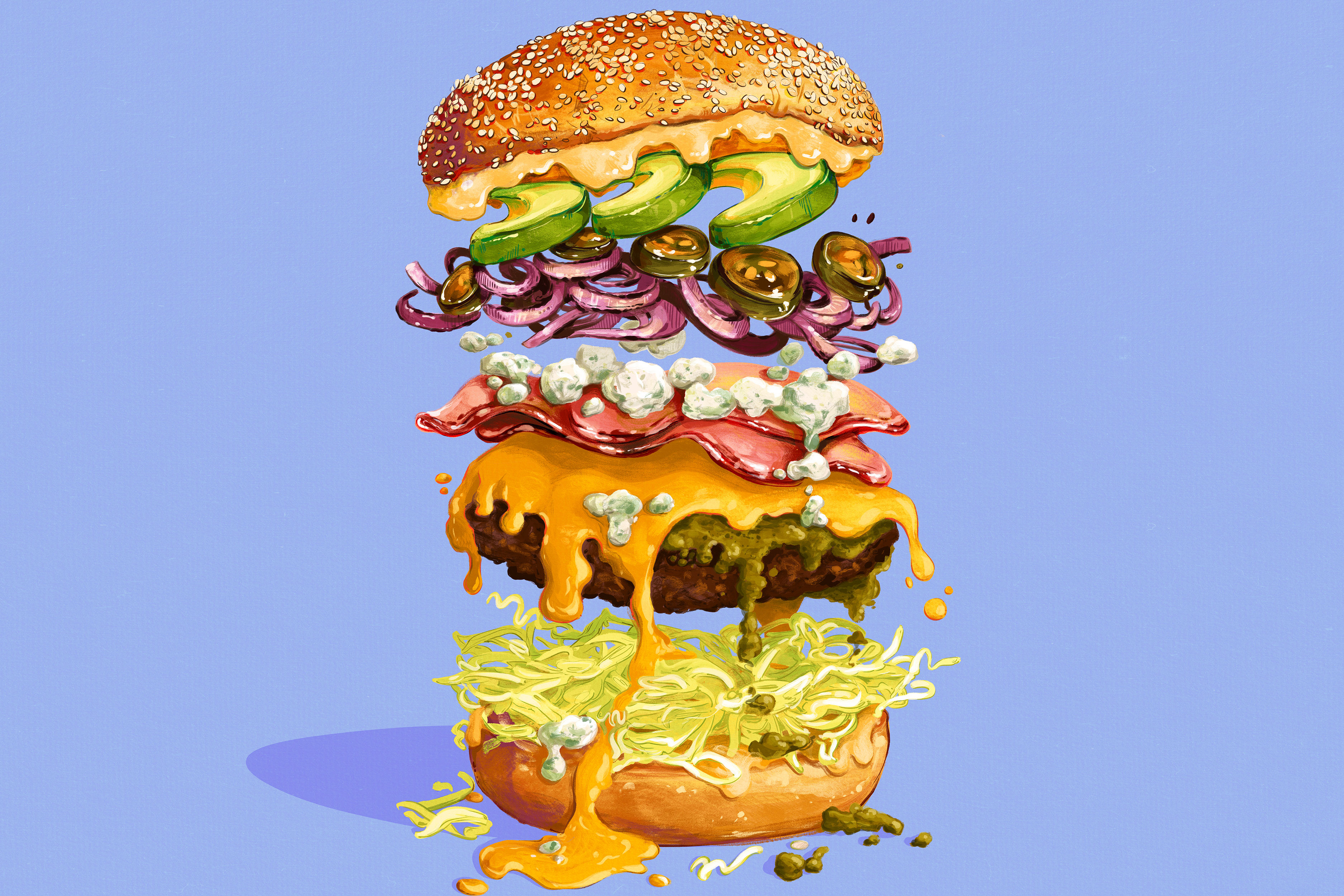How Burgerville Workers Formed the First Fast-Food Union in the US

The revolution is now ... in fast food? To catch up: this spring, workers at Burgerville’s location at SE 92nd and Powell formed the first officially recognized fast-food workers’ union in the United States. A second Burgerville location unionized weeks later.
The newly organized employees of the venerable Vancouver, Washington–based chain chose to affiliate with the Industrial Workers of the World, a legendary radical union with roots in the mines and lumber camps of the early-20th-century West. They are pushing for a number of workplace reforms, including raises and paid parental leave. The two successful union drives drew national notice.
The journey to unionization began in March 2015, when Burgerville employee and activist Mark Medina joined forces with several other employees to present a list of initial demands: $5-per-hour raises, paid parental leave, affordable health insurance, and better scheduling. Those proposals snowballed over the next two years into picket lines, boycotts, an internal word-of-mouth PR campaign, and sporadic media coverage. In April, the National Labor Relations Board administered an election at the Powell store, where workers voted 18 to 4 to make fast-food history.
The real work, however, lies ahead. Beth Brewer, the chain’s senior vice president of operations, says Burgerville is committed to its 1,500 employees, but that upcoming negotiations mark yet uncharted territory.
“Like with any election, during the campaigning period, it’s very different than what happens after the vote,” she says. “Until we sit down and begin to understand what those proposals are, it’s too early to know how it’s going to change our business.”
Still, workers are optimistic about the future. “Critics have made the mistake of thinking that just because [fast-food] jobs have always been terrible, they always will be,” says Stefan Stackhouse, a worker at the Gladstone store. “But it’s not inevitable. We don’t have to live paycheck to paycheck.”




